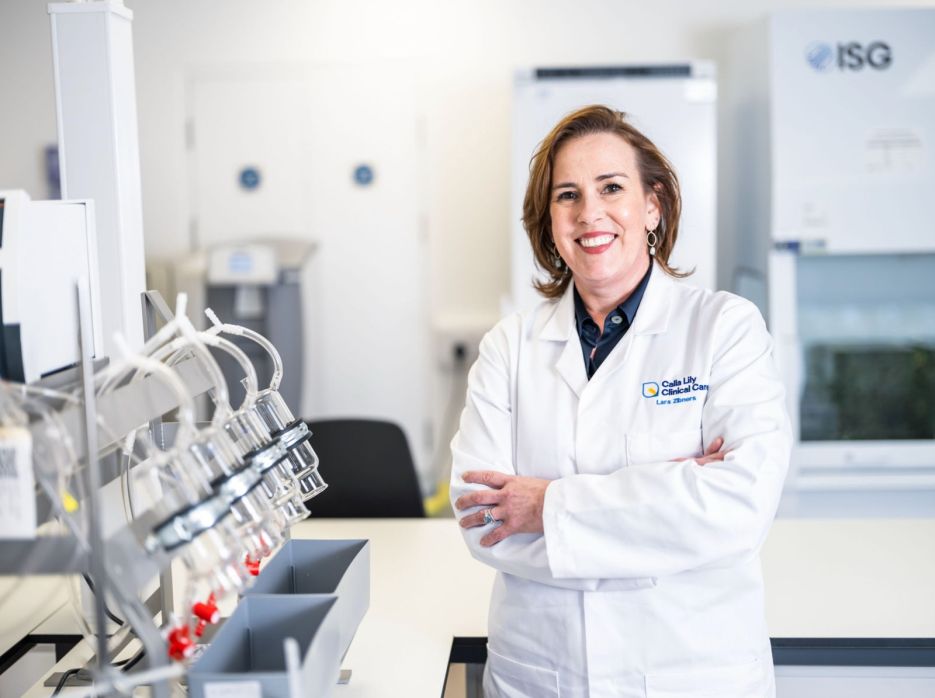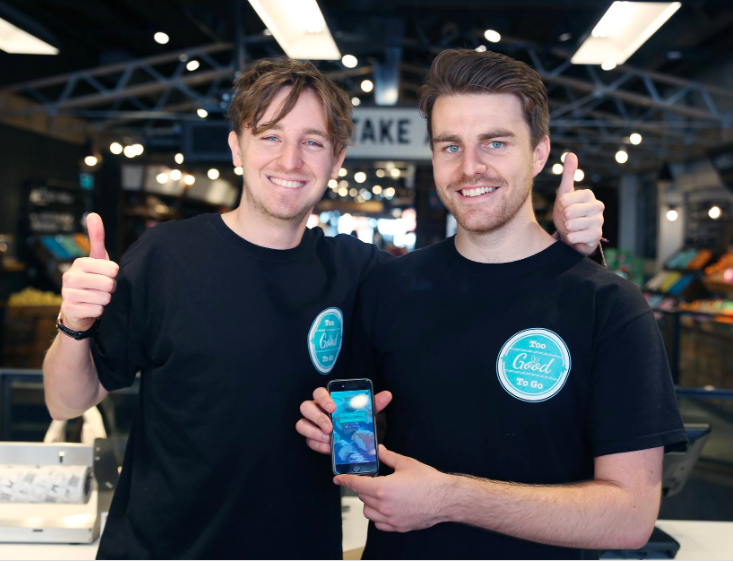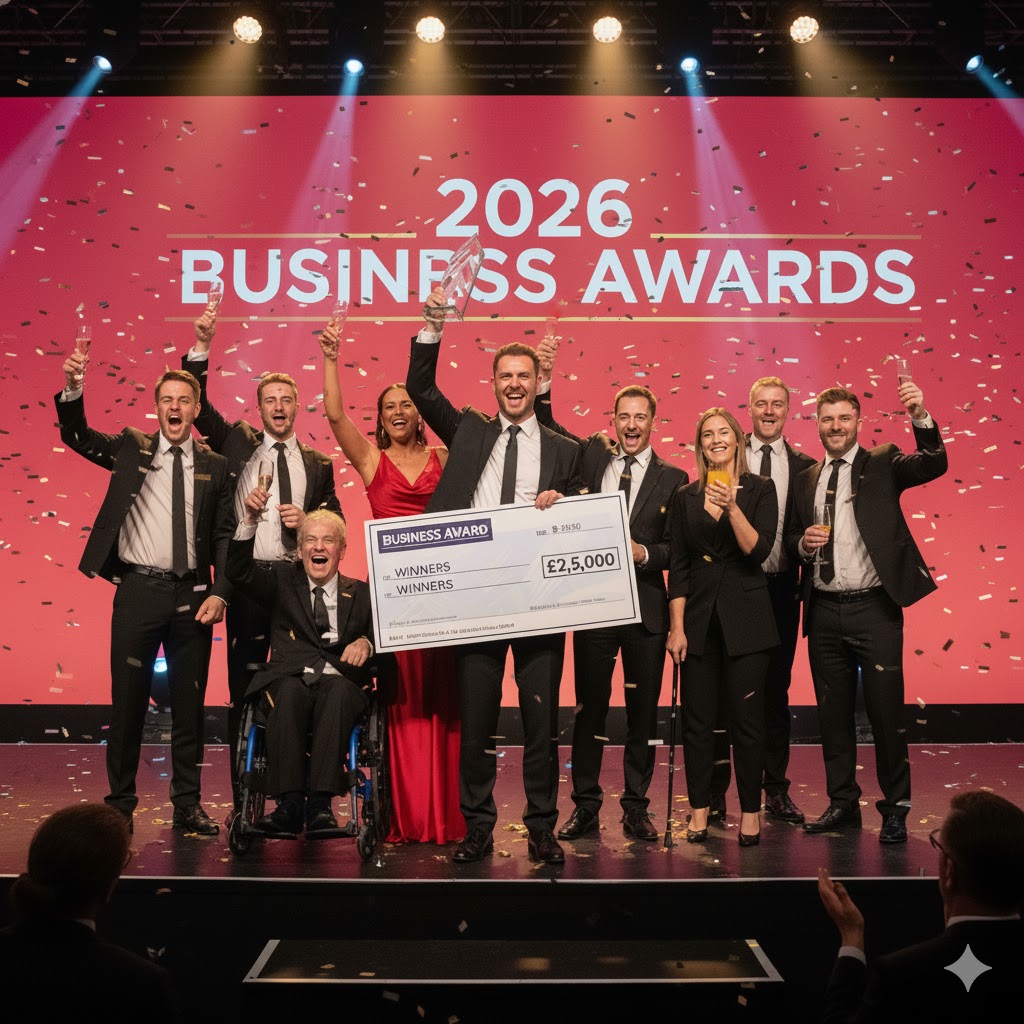Did you know that your SME could be granted or even win money? Money that does not have to be paid back and is tax exempt?
Did you know that Hackney is a national leader in using this kind of funding to support local businesses? Between 2022 and 2023, half a million pounds was shared among 453 local businesses and there’s more to come …
When your SME is growing and you’re considering raising funds, the most obvious route is to get a bank loan or seek out some kind of Business Angel or Venture Capitalist support. Part 1 of this blog explained what raising debt and equity financing involves, including the challenges and risks involved and showcasing a few success stories. In Part 2, we’ll be looking at grants and competitions available to SMEs in the UK with a focus on the London Borough of Hackney.
What is Grant Funding?
Grants? If you’re thinking student grants, or energy efficiency grants, you’re on just the right track. Grants generally come from public money i.e. they’re taken from a pot of money that is generated mostly through taxation (including business rates). This money is being awarded or redistributed to individuals or organisations deemed worthy to receive it.
This is key to understanding why grants get awarded. The goal is to use public money for the public – to take tax money, lump it together, give it to the right people, all for the public good. Social enterprises can usually benefit because they are linked so closely to providing services for the public. More information here.
Key Takeaway: The more aligned you are to central or local government initiatives, the more likely you are to be eligible for a grant.
A lot of these grants go back into the government to support services we all need e.g. schools and policing but a portion is provided to SMEs and industry to accelerate policy initiatives or development in selected areas of the country.
How Much Could My SME Get?
This is the big question. Grants can range from £500 to £2 million (Innovate UK). There’s a table below highlighting the opportunities available but, before we get to that, not all grants are available to all companies and what you could get depends on a few factors:
- Government policy. As explained above, money raised through taxes is re-distributed by the UK government and that means there are priorities. For example, the UK has committed to a promise of Net Zero by 2050. How you define that may vary but grants are increasingly linked to carbon reduction or energy saving initiatives. Another example is AI. It’s incredibly fast adoption requires new infrastructure while it’s promise of efficiencies requires new training and operations. It’s no surprise to see that grants are often aligned with those needs.
- Sector. STEM industries are generally more represented when it comes to grant funding. Think of how a long-term sustainable economy works and you can see why being a manufacturer, technology or science outfit is a bigger opportunity for the government to boost it’s investment.
- Business Purpose. If your organisation’s mission is focussed on helping the local community, such as a charity, foundation or social enterprise, it’s likely there’s grant money available to support you in some way or another. Again, beyond having a contract, it fits with what your local government is trying to achieve and supplements their own services.
- Geography. Although there are national grant opportunities, many are based in areas that central or local government are trying to develop. If you’re a Hackney SME, this is good news as Hackney is one of the more prominent local authorities for incentivizing and supporting local business.
How Do I Apply?
If you want to know what is available and how to apply, search the above funds by name. For a broader view, go to UKRI, the Entrepreneur Handbook, Grantfinder or your Local Growth Hub.
For Hackney, if you’re a social enterprise, there’s a one stop shop at Hackney CVS.
“I think that’s the thing about fundraising, people internalise rejection all the time. But it’s not that they’re not good enough; it’s that they’re trying to write themselves into a system that wasn’t designed for them.”- Jamila Daley-Jeffers, Grant Applications Expert at Tabitha’s People, Hackney
There are a few things you should be aware of before you plough ahead and start filling in applications:
- Competition. As an example, previous to a pause at the start of this year, Innovate UK grants were extremely competitive. Reports say that applicants only achieved a 2% success rate (
- Time-consuming application process. Writing a grant application can take up to eight weeks but specialist application writing services can reduce this to 2-3 weeks. This includes a comprehensive business plan that details the project, market opportunity, team, and financial projections.
- Matched Funding. Some grants will require that you match a percentage of the award. For Innovate UK Smart Grants, this ranged between 30 – 75% of the project costs.
- Useage Requirements. How you use the money you are awarded may be very strict. It can’t be used for marketing, sales or pre-existing business debts.
- Reporting. The more money you’re awarded, the more monitoring of how it is spent you’ll be required to do. This can include regular progress reports, financial reports, and often an Independent Accountant’s Report (IAR).
- Tax Requirements. Grants should be reported as income. They may still be liable to Corporation Tax. Employer’s NI and VAT still apply. If you qualify, you can still claim Research and Development (R&D) Tax Credits, even if the project is unsuccessful. Check the small print on the grant application and award.
Key Takeaway: Grant awarding bodies want you to grow but they are answerable. Expect strict requirements on how you use and monitor the money
What Alternatives Might My SME Get Instead of Money?
Accelerator (or Escalator) Programmes provide you with mentorship, collaborative expertise, and/or training to help you develop a specific project. These require you to be available for a period of weeks to benefit from the expertise you are being offered.
For example, the Mass Challenge UK Accelerator Programme. This is based in East London and, for 2025, primarily looked to identify the best innovators in AI and Autonomy. Partners included BAE Systems, University of East London and Queen Mary University. No cash grant is given but it offers several months of mentoring along with a network of expert advice and knowledge. Applications launch in January with competition awards being announced in October. Partnerships can continue beyond the programme.
As an example of a combination of the two, Hackney Impact Phase 2 (2025/26) offers a cash grant alongside a programme that provides a wide range of support, including 1:1 coaching, business courses, free on-site energy audits, and access to net-zero grants for retrofitting business premises.
Case Study: Calla Lily

Calla Lily began working with Innovate UK Business Growth in May 2021. After being awarded an initial £350,000 Innovate UK grant, expert assistance was given via an Innovation and Growth Specialist. The company subsequently received a £700,000 Innovate UK Biomedical Catalyst grant to work in partnership with Queen Mary University of London and University College London (UCL) School of Pharmacy.
“Innovate UK Business Growth has helped us progress from an urgent need to a commercially viable and socially meaningful solution. We’re excited to be moving forward with clinical trials and continuing to grow a business that puts women first.” Thang Vo-Ta, CEO and Co-Founder of Calla Lily Clinical Care
Where Grant Applications Often Fail
- Lack of ‘Game-Changing’ Innovation: Failing to convey a significant technological or social leap.
- Unclear Market Need: Not providing sufficient evidence of customer demand or a clear route to market.
- Weak Impact and Benefits: Vaguely defined economic, social, or environmental benefits.
- The Wrong Team: Not demonstrating that the team has the requisite technical and management expertise to deliver the project.
- Muddled Budgeting: A budget that is unclear, unjustified, or does not represent good value for public money.
What Can I Win At Competitions?
Have you ever entered the reception of a company and noticed the cabinet with the glass trophies? Even the ones that say ‘Finalist’ are an endorsement and builds trust. What other benefits come with taking part?
- Marketing: Involvement in an award ceremony leads to publicity that would otherwise cost thousands of pounds. Your business and potentially a photo opp can appear in trade press, the award’s website and you receive content you can use on your own website too.
- Recruitment: An award is a great tool for recruitment and helps to attract better talent.
- Networking: The ceremony is a room full of your most ambitious potential partners for future business.
- Business Support. This could include specialized workshops, training, mentoring and training for pitching.
The costs of entering, applying and attending interviews and presentations are not small. These can include:
- Application Fees: This can range from being free to several hundred pounds.
- Awards Dinner: This is often the most significant cost. Tickets cost anywhere from £200 to £500+ per person. A table for your team of 10 can cost a few thousand pounds.
- Time-Consuming Application Process: The application requires detailed strategic answers, compiling financial data, gathering testimonials, and careful proofreading.
Key Takeaway: Application fatigue can prevent you from tailoring your answers to subtly different questions
Competitions live as of November 2025:
Case Study: Too Good To Go

Again, an example is The Mayor of London’s Entrepreneur Competition for London-based students with the goal of innovating ways to make the city cleaner and greener. The prize is £20,000 in funding alongside expert mentoring.
Chris and Jamie from Queen Mary, University of London were finalists in 2017 with their idea, Too Good To Go. This is an app and online platform helping eliminate edible food waste within the hospitality sector. The app allows restaurants, cafes and bakeries to sell their surplus food at the end of breakfast, lunch and dinner service for between 50-90% off regular menu prices.
Too good to go now operate in 6 different countries with 4,500 partner stores. They have saved over 1.6 million meals and have avoided over 3200 tonnes of CO2.
Where Competition Applications Fail:
- Generic Applications: Applications that lack concrete evidence will not make the shortlist.
- Application Fatigue: As with job applications, copying and pasting into multiple applications prevents you tailoring each answer when questions seem subtly different.


Leave a Reply